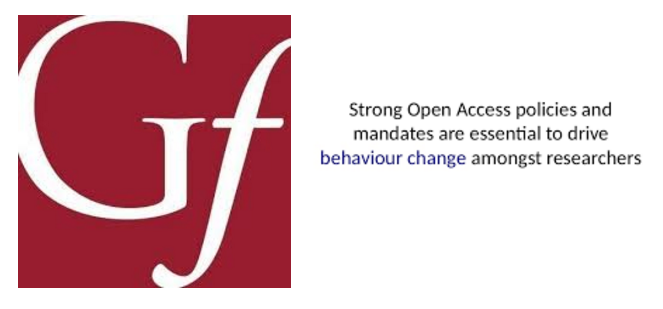
Academic.edu is facing mounting pressure from scholars
Academia.edu is facing mounting pressure from academics and open access advocates. It has been challenged because of its dubious business model: many believe that its model is mainly driven by profit-making motive. Problem comes with how Academia.edu is trying to generate revenue. Furthermore, Academia.edu’s business practices lack transparency. Therefore, ‘it is time to deleteAcademia.edu account,’ says Sarah Bond.
Last year, Academia.edu came under fire from scholars when it announced new model of revenue generation. Its new business model that includes premium services such as ‘promotion of articles’ and special data analytics. Some researchers accuse Academia.edu for selling researchers’ personal data. Particularly, Academia.edu’s plan to monetize by ‘recommending articles’ took scholars by a total surprise. They call the new plan ‘pay-to-play’ business model. Recommending articles, for reasons other than relevance, is unethical, according to Dr. Scott F. Johnson. This approach, if aggressively used, can inflate the impact of the paper. Dr. Johnson says, ‘paying for promotion of your work is irresponsible and intellectually dishonest’. However, Academica.edu strongly denies all accusations brought to it. It maintains that it took no action to charge authors for article promotion and never sold authors’ personal data for financial gain.
Researchers also criticized Academia.edu’s deceptive use of high-level .edu domain that is exclusively used by the US institutions of higher education. Academia.edu is neither an institution of higher education nor has any affiliation with them.
Some researchers have announced their intention to boycott Academia.edu and initiated the hash tag #DeleteAcademiaEdu. Others are encouraging fellow researchers to use fully open access repositories and a genuine social media networks that put the interest of academicians first.
Most of the proposed plans by Academia.edu to monetize on its users, its claims it has millions of users, have faced heavy criticism. Academia’s next plan is not clear yet. Ignoring mounting pressure from scholars and moving forward with its plans may cost Academia, at least in the long run.

Researchers funded by the Gates Foundation are facing difficulties publishing on some top-tier journals. This is due to open access (OA) policy that the Gates Foundation and journal publishers follow, according to the Nature’s writer Richard Van Noorden.
The Gates Foundation in 2014 put open access policy that mandates immediate open access publishing. It also requires researchers to make their research data open. This policy came into effect starting January 2017. However, open access policies many top-tier journals such as Nature, Science, the New England Journal of Medicine (NEJM) and the Proceedings of the National Academy of Sciences (PNAS) have do not allow immediate open access. They impose embargo period that ranges from six months to one year depending on the type of discipline.
The Gates foundation is not considering revising its policy or exempting these journals. As a result, some research findings might not be published on these journals. To address the issue, there is ongoing discussion between journal publishers and the Gates Foundation, according to the Nature. In the past, the US National Institutes of Health (NIH) forced journals to comply with its OA policy requirements.
According to the Nature, about 2000 to 2500 articles funded by the Gates Foundation published each year. Most of them, around 92%, are published on journals that comply with what the Gates Foundation requires. That means only 8 % of them will be affected by the Gates Foundation’s OA policy that does not allow embargo imposition.
Different research funders had different open access policies. For instance, the Wellcome Trust allows publishers to impose embargo period (max one year) on research it funds. Read more

